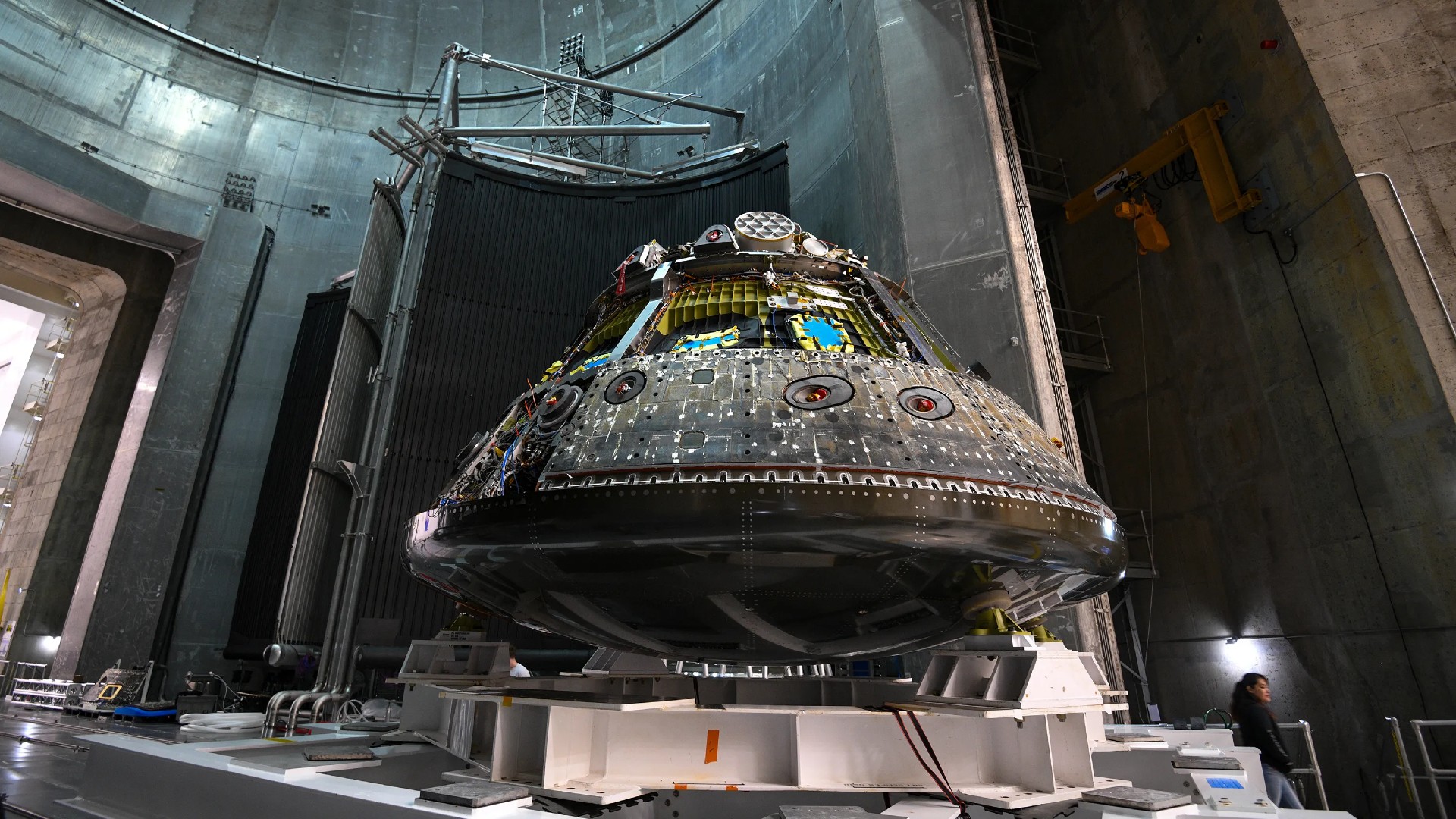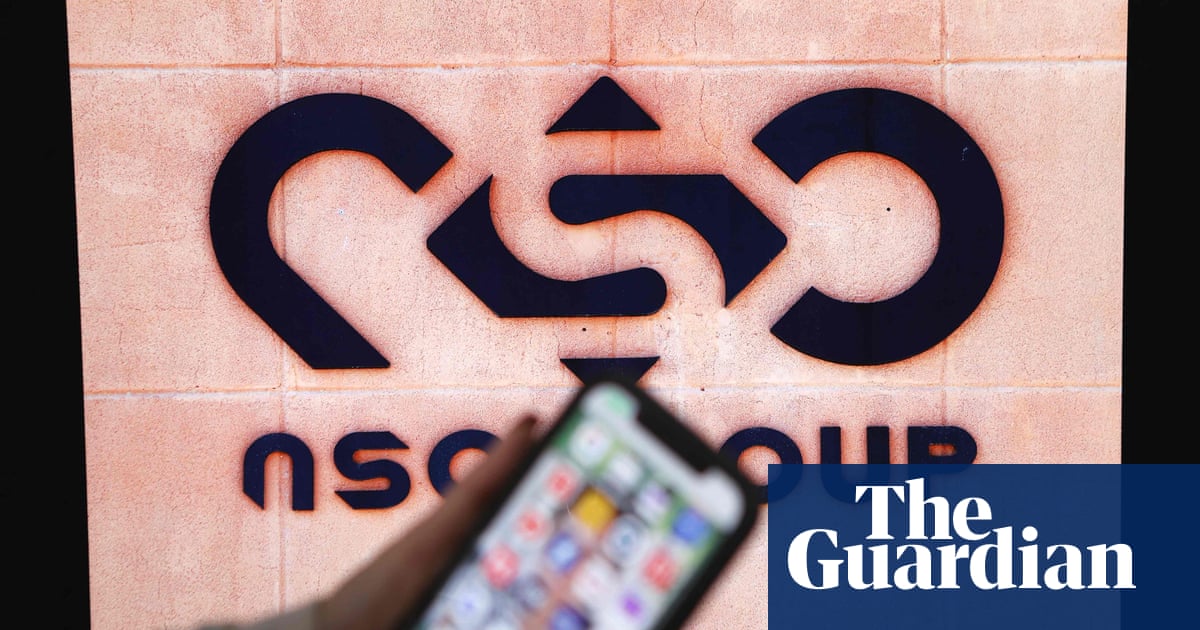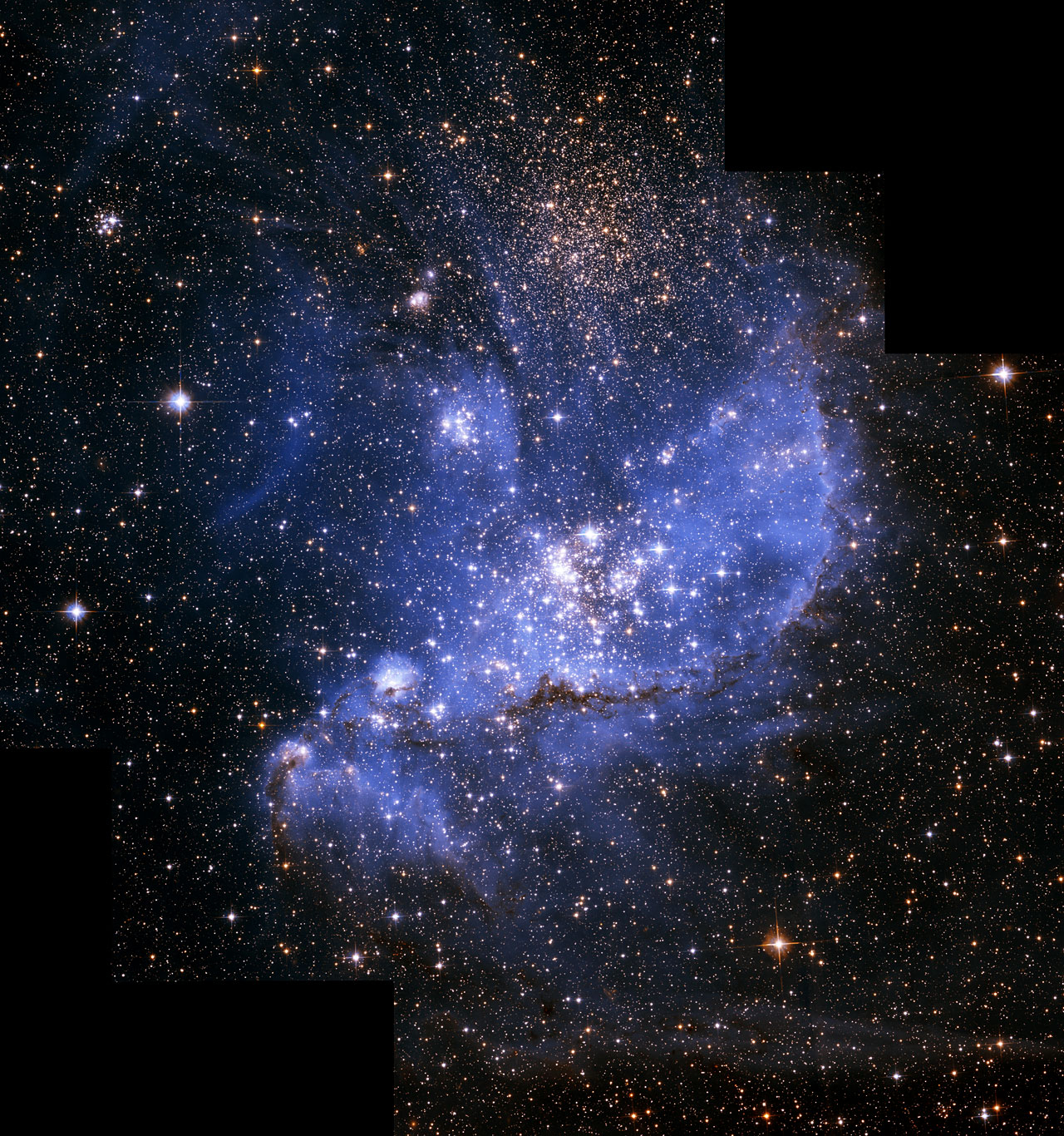The International Space Station (ISS) needs to periodically boost its orbit to prevent falling back to Earth’s atmosphere. To achieve this, a Russian Progress spacecraft fired its engines for 13 minutes on Jan. 27, raising the orbiting complex a few miles higher above the planet, as reported by NASA on Jan. 29. This orbital adjustment occurred on a Saturday, likely allowing the Expedition 70 astronauts to have a less busy work schedule as they orbited approximately 250 miles (400 km) above Earth. The astronauts took advantage of this opportunity to set up a video camera to capture their spirited reaction to the orbit boost. This led to an amusing and lighthearted moment for the crew as they eagerly anticipated the effects of the thruster fire.

During the reboost, the three astronauts floated in microgravity and eagerly anticipated the thruster fire’s effects. NASA’s Jasmin Moghbeli provided commentary via microphone as they patiently awaited the expected movement. Soon after the engines were activated and the ISS experienced a gentle force, the astronauts reacted by falling backward towards the doorway. This reaction caused the astronauts to move in a slow-motion manner, creating an entertaining scene. Additionally, the video captured an amusing moment when the floating astronauts unintentionally blocked the path of another crew member, who appeared bewildered while attempting to enter the laboratory.
The ISS isn’t solely dependent on the Progress spacecraft for orbit adjustments; the commercial vehicle Cygnus from Northrop Grumman has also been utilized for this purpose. Having multiple spacecraft options is crucial, as demonstrated when a Soyuz spacecraft encountered a coolant leak in December 2022, resulting in the need for a replacement. As a precaution, NASA reassigned an astronaut to the SpaceX Crew Dragon for potential ISS evacuation, while the Russian cosmonauts were authorized to use the Soyuz due to safe operating conditions.
Tuck and roll! Video shows ISS astronauts having fun during orbit-boosting thruster fire











